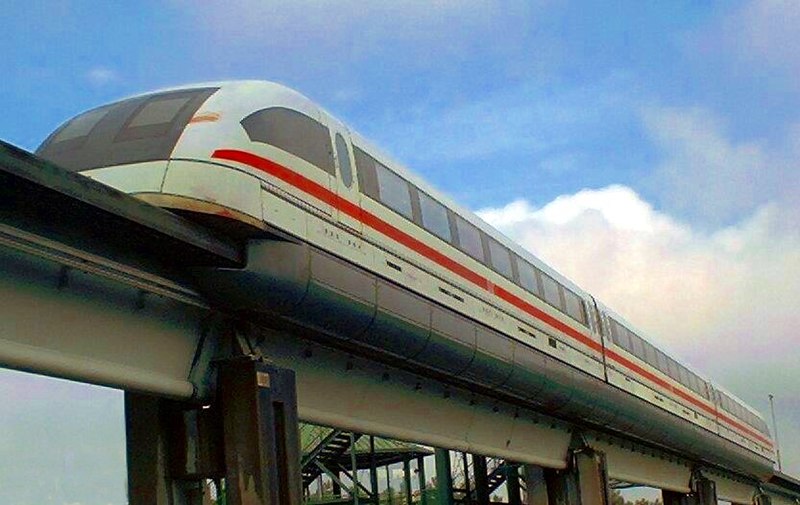People flaunt that they have X amount of followers, or friends or whatever, but why do we do this? Is it purely human nature, but is there an actual psychological reason, a purpose to this madness? For that, I guess the answer is the same as if you wanted to know why people watch Daytime Television or worship celebrities. To this, I turn to fellow Interneteur, MrXibar22 on Youtube.
 He tells me that we follow celebrities because in our eyes, they are at the pinnacle of perfection, and that is what we strive to be---perfect.
He tells me that we follow celebrities because in our eyes, they are at the pinnacle of perfection, and that is what we strive to be---perfect.But in this mess of people attempting to be popular, to be discovered, to be "Mainstreamed" if you will, there are the group of rebels.
So basically there are three types of people:
- The people wanting purely mainstreamed (Close-minded individuals who are exposed to only what society 'likes')
- The anti-mainstreamers who tolerate the pop culture (who prefer the alternative styles)
- The Rebels who wish nothing but the underground.

